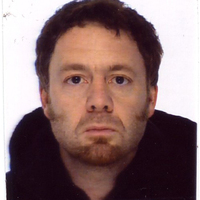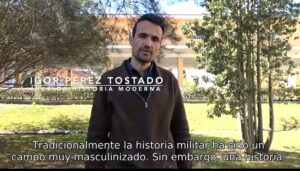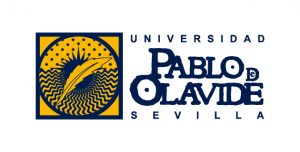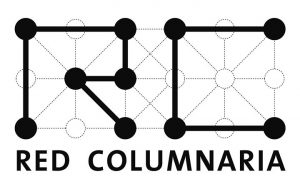
Christophe Giudicelli is an Early Modern History professor at the Université de Paris-Sorbonne (Paris IV), investigator at the CNRS (CERHIO UMR 6258), and managing editor of the journal Nuevo Mundo, mundos nuevos. Currently, he is the director of the Centro Franco Argentino de Altos Estudios en Ciencias Humanas y Sociales of the Universidad de Buenos Aires. He is a specialist in borders’ issues in colonial America (Mexico and Argentina) and, specifically, in indigenous wars. Currently, he works about the scientific transformation of colonial classifications in history and anthropology as of the second half of the nineteenth century. He was a student of the École Normale Supérieure, a fellow of the CEMCA of Mexico, and a member of Casa Velázquez of Madrid. He served as a professor at the Université Paris 3-Sorbonne Nouvelle (2011-2010) and has been a guest lecturer in several universities, such as Pontificia Universidad Católica de Chile, Universidad de Tandil, Universidad Pablo Olavide de Sevilla. His works include Geopolíticas de la guerra Tepehuanes (Paris, Université Paris 3-Sorbonne Nouvelle, 2003). He was editor of Clasificaciones coloniales y dinámicas sociopolíticas en las fronteras de las Américas (México, CEMCA – El Colegio de Michoacán, 2011) and co-editor, together with historians Gilles Havard and Salvador Bernabéu, of “La Indianización. Cautivos, renegados, misioneros y « hommes libres» en los confines americanos” (Siglos XVI-XVIII), (Madrid, Doce Calles, 2013).
His research, focused on the northern border of Mexico and the Argentinian region of Tucuman, has covered the different cultural, anthropological, and political dimensions of the construction of a fluent space of communication. Among his research responsibilities, it is especially important his role as coordinator of the node Poder y Dinámicas sociales en los espacios fronterizos of Red Columnaria, which focuses on the power effects in the information and delimitation of social groups, as well as in its interaction in border or boundary situations, both in conflict periods and peaceful ones.




